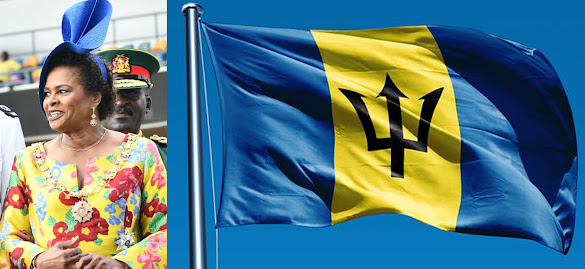Friday, August 9, 2024
The UK Race Riots
Monday, January 1, 2024
Remembering John Pilger
Thursday, September 8, 2022
Queen Elizabeth And The Imperial Legacy
Tuesday, August 9, 2022
The Horniman Museum Will Return The Benin Bronzes
Tuesday, May 31, 2022
How We All Became Richard Nixon By Adam Curtis (2010)
There has been a breakdown between the press and public. The lost of trust has become more apparent since the late 20th century. President Richard M. Nixon was notorious for his hatred of the press. He believed it was his enemy and dominated by an eastern establishment with liberal sentiments. The rage became so pronounced it gave way to paranoia. Nixon's paranoia made him think enemies were everywhere. The public upon learning about the scandal of Watergate, became more paranoid themselves. Institutions that were thought to be keeping society stable were engaging in crime and corruption. Margaret Thatcher as the UK's prime minister like Nixon had paranoia about enemies trying to destroy the country. The public also simultaneously became more hostile to the skilled professional class as being agents to a powerful elite. The prevalence of corruption, economic decline, and lack of trust explains the rise of various conspiracy theories. The press also fell to this rise in paranoid thought. Headlines began to exaggerate the level of danger in everyday life. The reason disdain is no the rise for the press and government relates to decades of institutional failure. Those who do seek to make improvements to institutions face backlash. Roy Jinkins would not be a successful Politian in the 21st century. Too much distrust exists to fix these problems in media and government.
Tuesday, November 30, 2021
Barbados Is Now A Republic
 |
| Dame Sandra Mason |
Barbados has removed Queen Elizabeth II as their head of state. This makes Barbados the world's newest republic. This is a significant moment considering the island's history. The legacy of enslavement and colonialism left a horrible mark. The trans-Atlantic slave trade caused much damage across the Caribbean, while enriching the British Empire. Dame Sandra Mason will take over as president of Barbados. Mason served as Governor-General and will be taking over the role that was filled by Queen Elizabeth II. What has been done in Barbados will hopefully encourage other former ex-colonies to remove the British monarchy as serving a head of state role. A new political trend could be emerging. Prime Minister Mia Mottley will remain in office following the change in government. There remains uncertainty about the relations between the United Kingdom and Barbados. The country will remain in the Commonwealth of Nations . Barbados has been independent since 1966,but now it looks to a new future in the Americas. Reaching out to South American nations should be a foreign policy priority. The island must continue to diversify its economy beyond sugar exports and tourism. A new patriotic enthusiasm is building and leaders should channel that energy to further development objectives. The establishment of the republic makes way for multiple opportunities.




